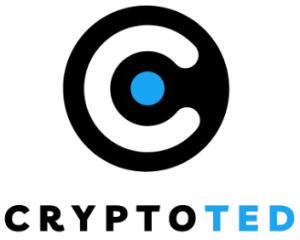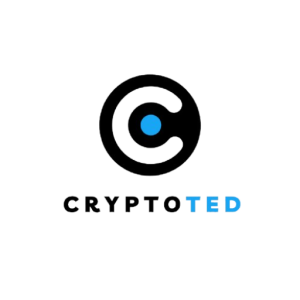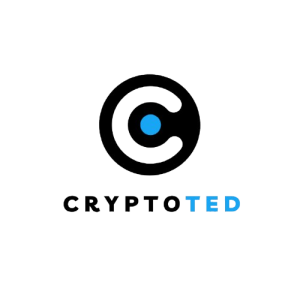
Theta Network adds Deutsche Telekom to participate in its core consensus mechanism. As a validator, the telecom giant will play a direct role in verifying transactions on the decentralized L1 network.
Summary
- Deutsche Telekom joined Theta Network as an enterprise validator, helping secure and verify transactions on its decentralized Layer 1 blockchain.
- The telecom giant will stake THETA and earn TFUEL rewards, aligning its infrastructure strategy with decentralized computing.
- The move expands Deutsche Telekom’s Web3 footprint, following its prior validator roles for Ethereum, Polkadot, and Chainlink.
In a press release dated Oct. 31, Theta Network announced that German telecom heavyweight Deutsche Telekom will now operate an enterprise validator node on its blockchain.
The move places the telecommunications giant alongside other corporate validators like Google and Samsung, tasking it with the core blockchain function of verifying transactions and securing the Layer 1 network. The company’s specific validator address is now publicly active on the Theta blockchain.
Theta Network moves toward decentralized infrastructure for telecoms
To secure its role on Theta Network, Deutsche Telekom will stake the protocol’s native THETA token. In return, the company will earn staking rewards paid in TFUEL, the network’s operational token used for gas fees and payments on the Theta EdgeCloud platform.
Deutsche Telekom framed the move as a natural extension of its existing infrastructure business into decentralized computing. The company cited Theta’s emphasis on performance and reliability in AI-heavy environments as key to its decision.
“Theta’s decentralized architecture aligns with our focus on dependable, secure infrastructure. As a digital leader, we’re happy to support this innovative technology and contribute to its growth, unlocking new possibilities and opportunities in the process,” Dirk Roeder, Head of Telekom MMS Web3 Infrastructure and Solutions, said.
This foray into Theta Network is not Deutsche Telekom’s first blockchain rodeo. The telecom giant has built a considerable Web3 portfolio through its subsidiary, Deutsche Telekom MMS, having previously provided enterprise-grade infrastructure and validation services for major protocols including Ethereum, Polkadot, and Chainlink.
Theta Network, for its part, underscored the broader context of the partnership by pointing to Theta EdgeCloud, its hybrid cloud–edge computing platform. The platform is designed to leverage a global network of community-run edge nodes and cloud partners, creating a distributed marketplace for GPU computing power.










